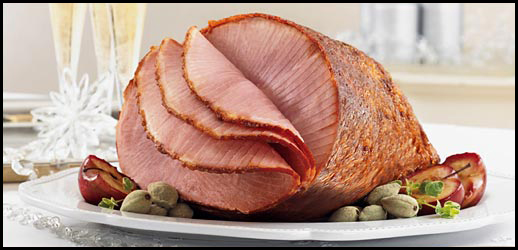Americans are beginning to set DVRs to record their favorite winter Olympic events. Don’t just watch, get inspired and “go for the gold†with your health goals!
“Although we aren’t all elite athletes, we can learn and apply lessons from the Olympics,†said Laura Barr, Nutrition and Wellness Educator with University of Illinois Extension. “For example, let’s think about what may happen on the road to the Olympics. Representatives learn, train, choose direction, experience setbacks, and persevere. We can apply the same concepts on the road to health and nutrition.â€
As with any skill, it is important to understand basic concepts for future success. Barr offers the following key points from the USDA MyPlate model as a foundation:
- At each meal, make half your plate fruit and non-starchy vegetables. Go for a variety of colors.
- Opt for healthy proteins daily, like fish, beans, skinless poultry, tofu, egg whites and lean beef/pork with the fat trimmed off.
- Eat mostly whole grains, as they contain intact nutrients and fiber.
- Choose low-fat dairy that does not have sugar added.
“One way to master healthy food choices is to make a plan and know what you need,†said Barr, offering these helpful hints:
- Pair lean proteins with fruit, vegetables or whole grains at snack time.
- Consume low-fat dairy, dark greens, beans and tofu to build healthy bones.
- Use non-saturated, plant-based oils to keep your heart healthy.
- Consume less than 10 percent of calories from added sugars.
- Drink plenty of water, either plain or infused with fruit and herbs.
Next, Barr recommends setting goals that are SMART, or specific, measureable, achievable, relevant, and timely.
“Be detailed with your plan. For example, if you need to increase fruit and vegetable intake and decrease saturated fat, set a goal for each, record them and track your progress. Be realistic and aim for completion within a reasonable period of time.â€
Exercise also is key to success, and adults should have 150 minutes per week.
“Understand that there likely will be setbacks, but never give up! Work your plan for a few weeks and make adaptations, as needed,†Barr said. “Goals are personal and need to be appropriate or important to the doer. Everyone will be different. Don’t forget to appropriately reward yourself as progress is made.â€
For more information on the University of Illinois Extension programs in your county, visit go.illinois.edu/extensiondkk.


Recent Comments